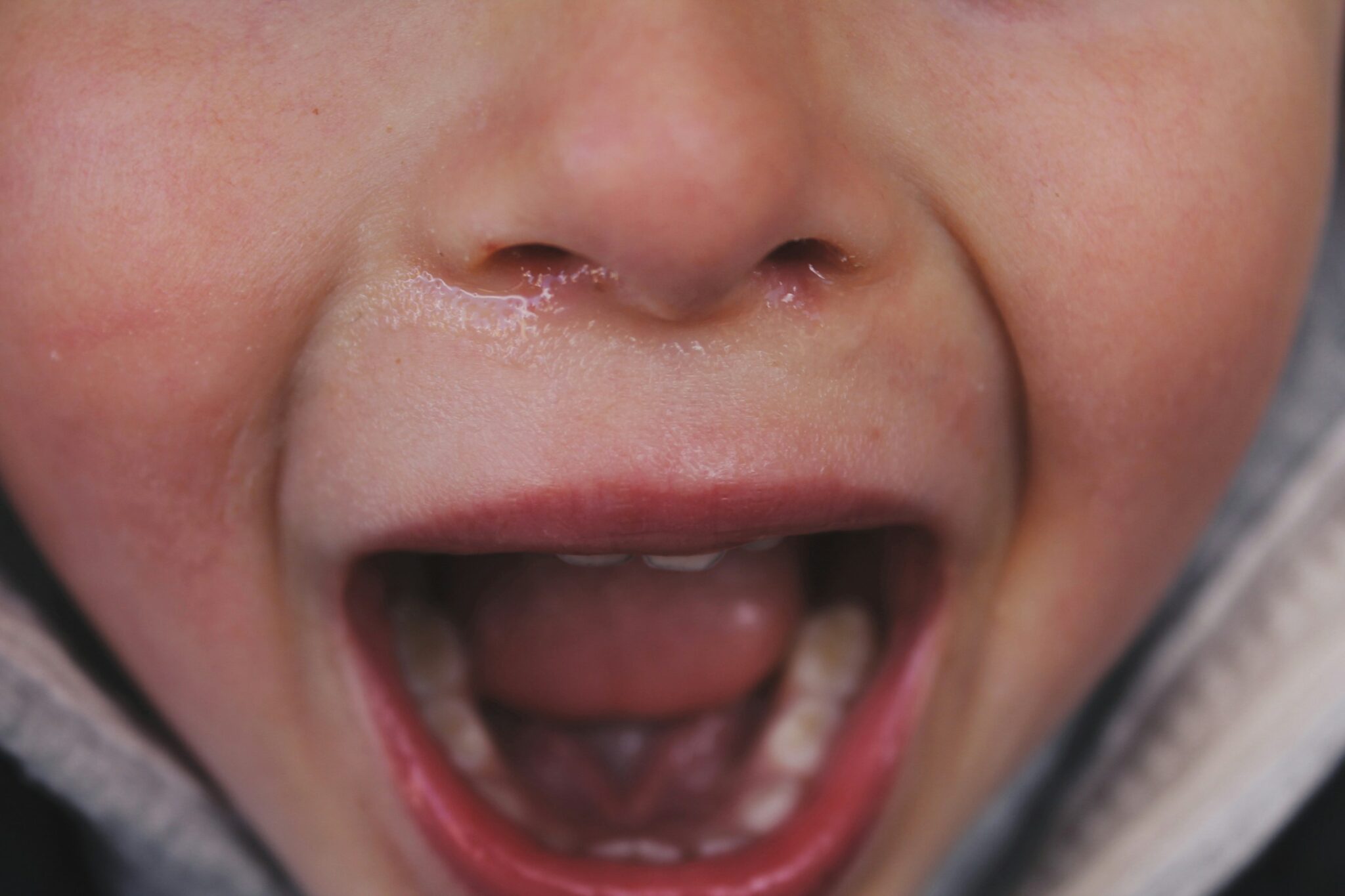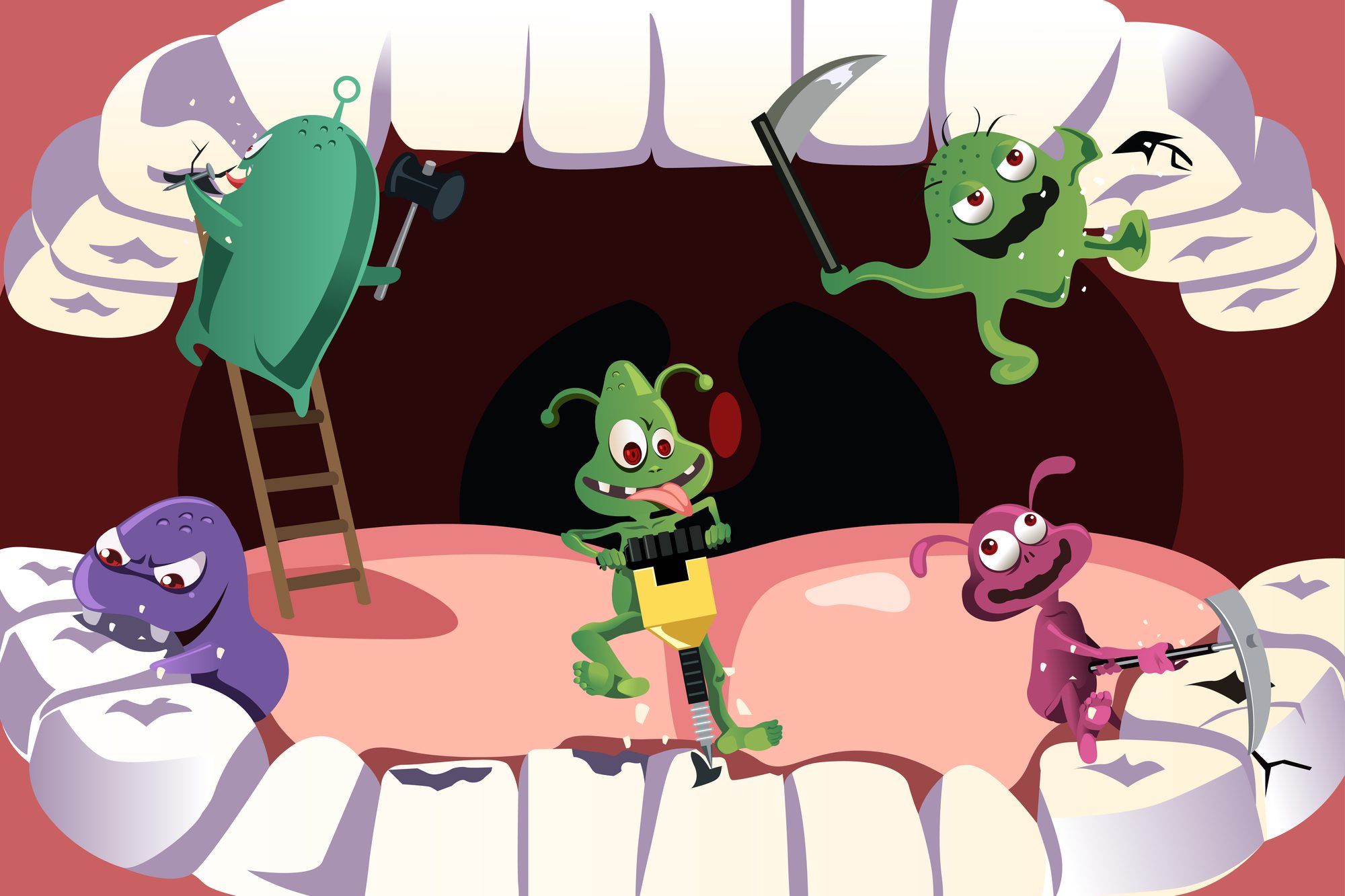Cracked or broken teeth are among the most common injuries sustained by young children and teens. Fortunately, with parental diligence and supervision, these injuries are often preventable. And when they do occur, they can often be treated with conservative methods. With the right pediatric dentist on call, there is no reason to worry about your child’s long-term appearance or dental health.
Dr. Matt and Dr. Craven of Smiles Dentistry for Kids are the doctors you want on speed dial if accidents happen. We know the best and most effective ways to care for little teeth. Our entire Overland Park, KS, team can put even very scared children at ease. And we are happy to provide guidance in the prevention of pediatric dental injuries.
To learn more or to schedule an appointment, contact Smiles Dentistry for Kids today.
What are the different types of cracks?
Cracks can vary in appearance and severity.
- Craze lines appear on the outer surface only and do not affect the softer interior of a tooth. They do not usually require treatment.
- A chipped tooth also affects only the dental enamel. It does not require treatment, although many choose it to improve their appearance.
- A fractured cusp occurs when a piece of the chewing surface breaks off. It may or may not expose the inner pulp, but will require treatment either way.
- A cracked tooth is one in which a crack begins on the chewing surface and travels down towards the gums.
- If a crack travels all the way down to the dental root, this is characterized as a split tooth.
- With a vertical root fracture, the crack begins at the bottom of the dental root and travels upwards towards the chewing surface.
Oral Hygiene and Cracked Teeth
Decay below the surface can weaken the entire tooth, making it more prone to injury. This is why daily brushing and flossing, along with biannual dental visits, are so important – even for the youngest children.
Bruxism, or teeth grinding, can also weaken teeth, making structural damage more likely. If your child chronically grinds their teeth, we can provide a custom-made mouthguard to be worn at night.
Accidents, Injuries, and Dental Damage
Toddlers often break teeth because of their still-developing motor skills and the likelihood of falls. To reduce the risk of damage, childproof your home, covering the sharp edges and corners of furniture and removing trip hazards. Closely supervise young children when they first become mobile, and do not allow them to walk around the house with a cup or bottle.
Approximately 25% of school-age children will eventually damage a tooth, and most of this damage is the result of accident or injury. For older kids, sports injuries are often to blame. If your child plays a contact sport, be sure to ask us about a sports mouthguard. Our custom appliances are much more comfortable than over-the-counter versions and are less likely to impact breathing and athletic performance.
Contact Smiles Dentistry for Kids
Treatment for a cracked tooth will depend on the type and severity of the damage. Contact us to schedule an appointment for your child.
Reach us online or call (913) 685-9990.









